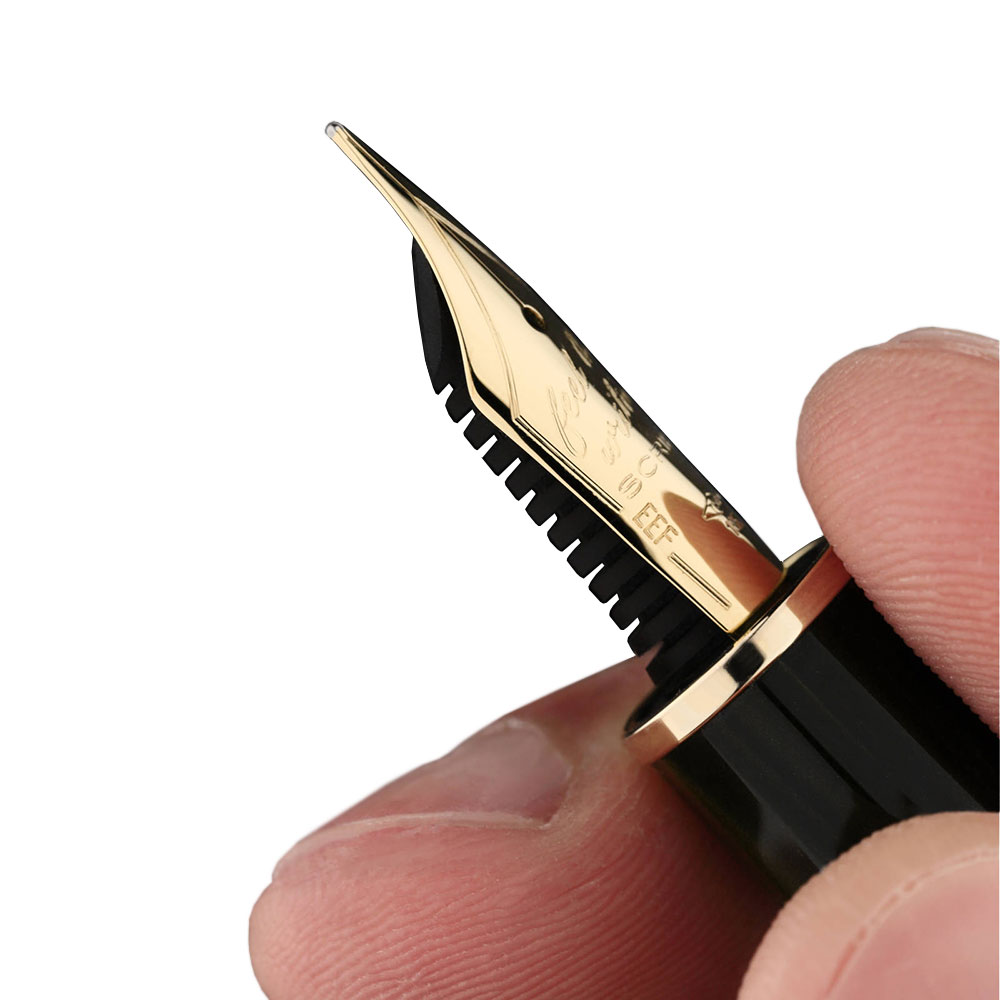While Apple recently announced some of its soon-to-be-released novelties, including the iPhone 15 series, as well as the Apple Watch Ultra 2 and Apple Watch Series 9, Sweden is returning to basics, suggesting a more traditional way of learning for its younger generation. How is this measure perceived and what are the reasons behind the transition to handwriting and physical books? Could this be a flourishing moment for writing instruments? Let’s find out!

In today’s world, technology has taken over every aspect of our lives. From taking notes on our smartphones to reading books on iBooks, we have become reliant on digital devices for even the most basic tasks. However, there are still certain states, including Sweden, that are hesitant about embracing this idea of progress, especially when it comes to the educational process. They question whether this over-reliance on technology truly benefits the younger generation or is taking away from their ability to learn and grow in a more traditional way.

As the Guardian reports, the Swedish National Board of Education unveiled a plan to incorporate tablets into the learning process for children as young as nursery school age.
In response, the Swedish Minister for Schools Lotta Edholm has proposed an alternative approach that aims to promote a more balanced educational experience for the younger generation. While tablets certainly have their benefits, Edholm emphasizes the importance of utilizing more traditional methods of learning like handwriting and reading analog books. “Sweden’s students need more textbooks,” Edholm stated a few months ago. “Physical books are important for student learning.”

By doing so, children can develop a more well-rounded set of skills and a deeper understanding of the subject matter. Ultimately, the goal is to provide students with a comprehensive education that prepares them for success in the modern world.
While digital devices have been widely adopted in classrooms as a means to improve the learning experience, there is compelling scientific evidence indicating that they may actually have a detrimental effect on student learning. This evidence comes from the Karolinksa Institute, a prestigious medical school in Sweden which is highly regarded for its research in this area.

Not only teachers but also young students like Liveon Palmer (aged nine) are starting to appreciate the value of analog education. During an interview with the Associated Press, Liveon expressed his approval of spending more school hours offline. As a third grader attending Djurgardsskolan elementary school, he stated that he enjoys writing on paper more than using digital devices. “I like writing more in school, like on paper, because it just feels better, you know”. According to him, there is a certain satisfaction that comes with writing on paper that cannot be replicated on a screen. His statement is a clear indication that even the younger generation is beginning to recognize the importance of analog education.

It is rather uncommon for children who usually have a fondness for digital devices to make such statements. However, this fills me with optimism that we are moving towards a better future.
Encouraging healthy habits from a young age is crucial for building a solid foundation for the future and Sweden’s latest initiative could inspire a fresh perspective on the act of handwriting and the tools people use. I’m wondering how many other education systems will follow Sweden’s example and consider whether to adopt a more traditional way of teaching or at least maintain a balance between digital and analog learning.
Rest assured that we will keep you up to date with what’s new on this topic. In the meantime, stay informed about the latest news in the writing instrument industry. Many interesting articles are coming soon on inkstable.com
Condividi:
- Click to share on X (Opens in new window) X
- Click to share on Facebook (Opens in new window) Facebook
- Click to share on WhatsApp (Opens in new window) WhatsApp
- Click to share on LinkedIn (Opens in new window) LinkedIn
- Click to share on Pinterest (Opens in new window) Pinterest
- Click to share on Telegram (Opens in new window) Telegram
- Click to email a link to a friend (Opens in new window) Email




Leave a Reply